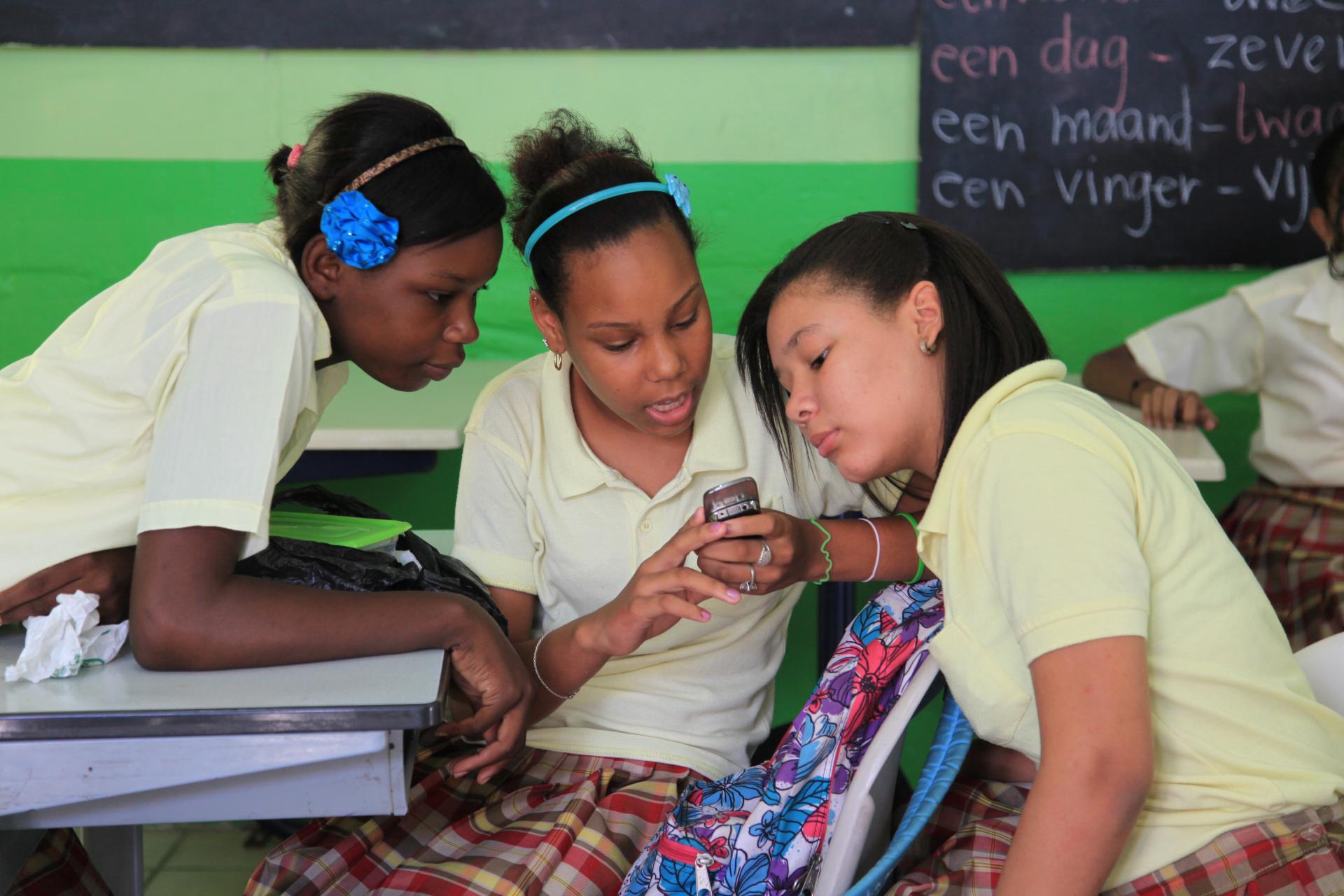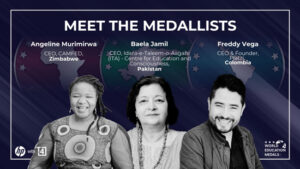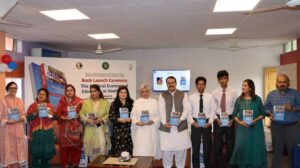Access to the Internet is increasing worldwide. Between 2000 and 2015, global Internet penetration grew seven-fold from 6.5 per cent to 43 per cent. Yet millions of people still lack access to quality, credible information. In some instances, this lack of information can be life threatening; in others it constrains social and economic growth.

The Internet of Good Things (IoGT) is a UNICEF-led initiative that aims to bridge the digital divide and build knowledge in societies.
Internet of Good Things (IoGT) hosts mobile-packaged content designed to make life-saving and life-improving information available for free, even on low-end devices. IoGT is helping communities and frontline workers access educational and lifesaving information at the point of care.
Topics and issues on Internet of Good Things include maternal health, hygiene, emergency information on diseases such as Yellow fever, Polio and Cholera, HIV and sexual health advice for adolescents, Internet safety, positive parenting techniques and more. Including multimedia elements and 2-way communication features, the IoGT platform can also be used to capture feedback and local best practices from communities through polls and survey functionalities.
To date, more than 30 million users have accessed IoGT since launch in 2015 – 60% between the ages of 13 and 24 – and hundreds of thousand more every month benefit from the IoGT and get free, life-saving and life-impacting information through their mobile phones. Local IoGT mobile sites are made accessible free of data charges in 61 countries and territories. IoGT hosts content modules in up to 13 languages. There are currently a total of 88 IoGT mobile sites and 91 mobile operators supporting a free of data charges access to IoGT.
The IoGT Dossier explains the issues IoGT addresses, its alignment with UNICEF’s programme priorities, and the strategy and pathway to scale.
Our mission explained in 2 minutes with this intro video
By connecting to Internet of Good Things, children, adolescents, mothers, fathers, other family members, health trainers, caregivers, and communities can gain access to localized, updated, quality content directly on their mobile phone at any time for free.
Why we do it
Information access is a primary determinant in access to other human rights, as it enables people to make informed decisions regarding their health, finances, and education, among others.
Lack of access to information
A leading cause of death and inhibitor for growth
Today, nearly 6 million children (under 5 years old) die every year from preventable illness. That’s 15,000 children dying daily from things we can prevent. These illnesses can be avoided if parents and caregivers are more informed about things such as breastfeeding, handwashing with soap, safe sanitation, and HIV and AIDS prevention.
IoGT bridging the digital divide
Addressing the inequality in access to information
While access to the Internet is increasing worldwide – between 2000-2015, global Internet penetration grew 7 fold from 6.5% to 43% – millions of people still lack access to quality, credible information. In some instances, this lack of information can be life-threatening; in others, it constrains growth within society as well as in the economy. Billions of people remain offline and are unable to access the knowledge economy. The technological revolution can only be a game changer when more and more people can get online. And a game changer is exactly what is needed.
IoGT empowering communities: Students can learn skills relevant to future careers; mothers can learn skills on how to protect children; adolescents can learn about their rights, citizens and communities are provided the tools to report issues and demand change…




